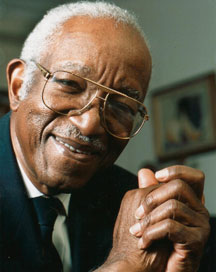Bobby Writes about Race and History:
I think the biggest recurring theme of Franklin's second part was the hypocrisy of Americans when it came to the issue of freedom. his specific mention of the industrialization movement, and workers fighting for equality and their rights made me laugh because at the same time, they were still pushing their black neighbors down. I know it's not funny, but seriously, the double standards people had back then were unbelievable.
It connects back to the first section, where Franklin talks of all the great men who demanded freedom from England before the Revolutionary War. But he also mentions some of them saying things like "life without slaves is a life i do not want to live" meaning that no matter what happened to the colnists freedom, the blacks would not get theirs.
This kind of hypocrisy exists today in our society. When have you ever witnessed this kind of double standards? Maybe not so much in dealing with race, but what other issues can you think of that are similar to this problem? Think back to a few years ago when a white college student sttempted to make a "White Club" on campus. Since there was already a Latin Club, a Chinese Club, and a Black Club, she didnt see a problem with the idea. However, the college denied the club's creation, and threatened to strip the girl of her scholarship. Answer this question: Why can there not be a White Club if every other culture gets to have one
